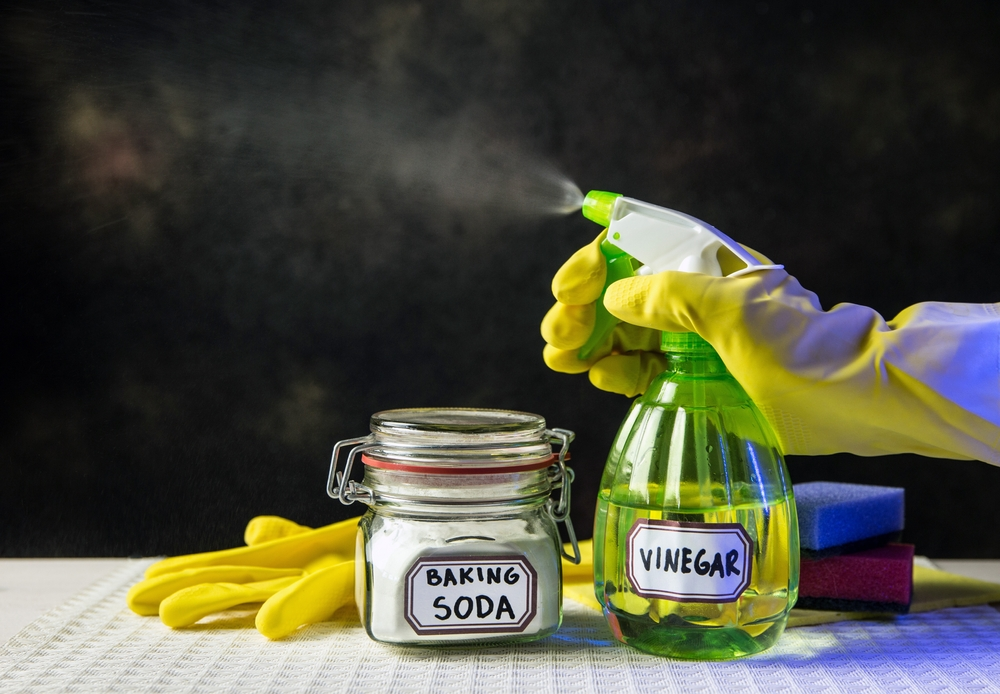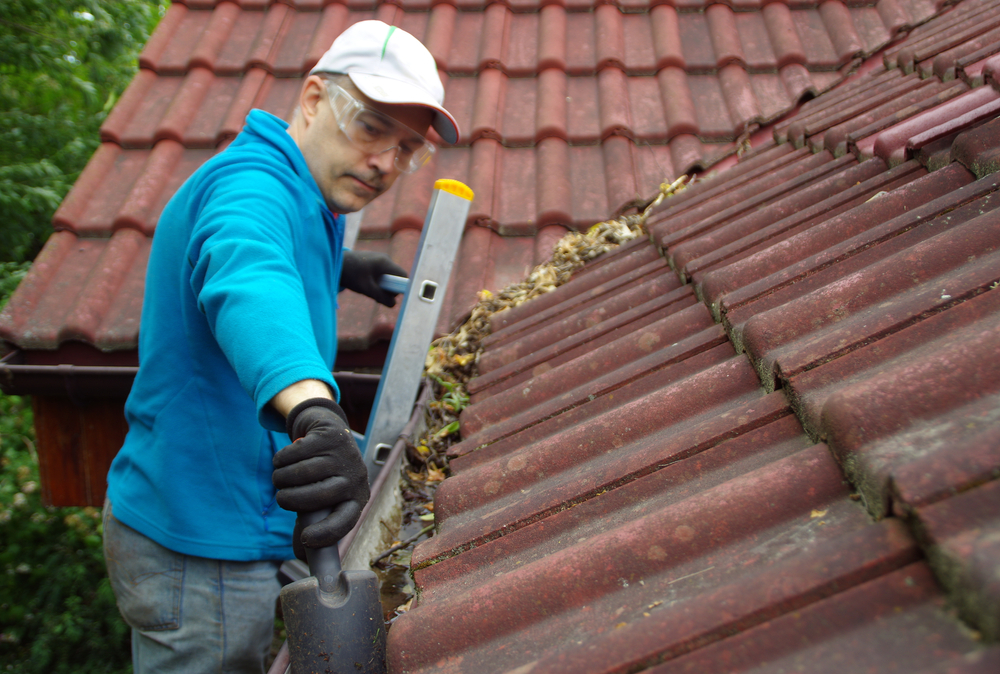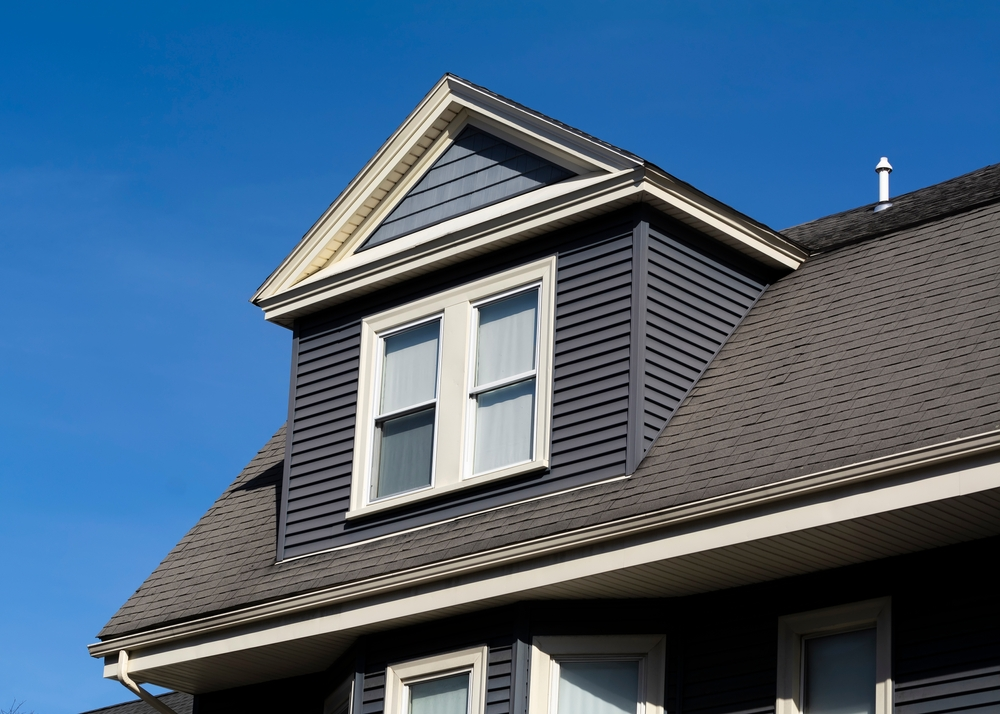Roof Warranty vs. Insurance: What’s Covered?
When something goes wrong with your roof—a leak, missing shingles, or storm damage—one of the first questions homeowners ask is: “Is this covered under my warranty, or should I file an insurance claim?”
At All Point Roofing and Chimney, we work with homeowners across Cliffside Park and all over New Jersey, and this is one of the most common sources of confusion. Understanding the difference between your roof warranty and your homeowners insurance can make all the difference when it comes to handling roof issues quickly and affordably.
Here’s what you need to know.
What Is a Roof Warranty?
A roof warranty is a type of coverage offered by either the roofing manufacturer or the contractor who installed the roof. It guarantees the quality and performance of the roof materials and/or installation for a certain period of time.
Types of Roof Warranties
1. Manufacturer’s Warranty
This warranty covers defects in the roofing materials. For example, if the shingles crack or warp prematurely due to a manufacturing issue, the manufacturer may replace them.
-
Typically lasts 20 to 50 years
-
Often covers materials only, not labor
-
Usually limited and may require proof of regular maintenance
2. Workmanship Warranty
Provided by your roofing contractor, this warranty covers errors or problems that arise from poor installation. If your roof leaks due to improper flashing or incorrectly installed materials, this is the warranty you’d use.
-
Coverage varies depending on the contractor
-
May last anywhere from 1 to 15 years
-
Valid only if the original contractor performed the work
At All Point Roofing and Chimney, we stand behind every project with a strong workmanship warranty because we believe in doing the job right the first time.
What Does Homeowners Insurance Cover?
While warranties deal with the quality of materials and installation, homeowners insurance protects you from unexpected or accidental damage caused by external forces.
Typically Covered by Insurance:
-
Storm damage (hail, wind, lightning)
-
Fallen trees or flying debris
-
Fire or smoke damage
-
Vandalism or impact
Not Typically Covered:
-
Normal wear and tear
-
Damage caused by poor maintenance
-
Issues from improper installation
-
Manufacturer defects
In most cases, insurance only pays when the damage is caused by an unpredictable event. It’s not designed to cover age-related deterioration or problems from subpar workmanship.
You can read more about homeowners insurance coverage specifics from trusted sources like the Insurance Information Institute.
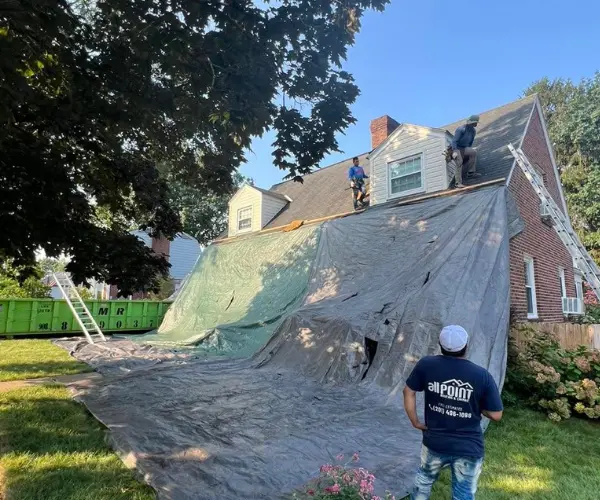
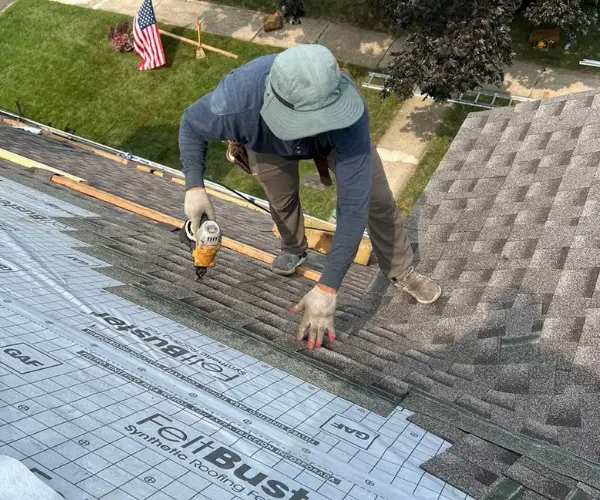
Key Differences Between Roof Warranties and Insurance
| Feature | Roof Warranty | Homeowners Insurance |
|---|---|---|
| Who Provides It | Manufacturer or Roofing Contractor | Insurance Company |
| What It Covers | Material defects, installation errors | Storms, fire, accidental or sudden damage |
| Timeframe | 10 to 50 years | Renewable annually |
| Claim Costs | Typically no cost to file | Deductible usually required |
| Maintenance Requirement | Often required to keep valid | Recommended but not mandatory |
Common Roofing Scenarios: What’s Covered?
To help clarify when to use a warranty vs. insurance, here are some real-world examples.
Scenario 1: Your roof starts leaking after just two years.
If the leak is due to improper installation, it should be covered by your workmanship warranty.
Scenario 2: A storm tears off a section of your shingles.
This is a case for homeowners insurance. It’s sudden and caused by weather—exactly what your policy is designed for.
Scenario 3: Your shingles are curling and breaking down after five years.
This could fall under the manufacturer’s warranty, depending on the cause and warranty terms.
If you’re unsure which applies, the best thing to do is call a professional. At All Point Roofing and Chimney, we offer expert inspections and can guide you through the claims process—whether it’s warranty or insurance.
The Importance of Regular Roof Maintenance
Even with both a warranty and insurance in place, proper roof maintenance is key. Insurance companies may deny claims if they believe damage was caused by neglect, and manufacturers may void warranties if routine care isn’t documented.
Tips for Maintaining Your Roof:
-
Schedule annual inspections
-
Clean gutters and remove debris regularly
-
Document damage after major storms
-
Keep warranty documents and service records organized
We recommend a full roof inspection at least once a year, especially in areas like Cliffside Park, where seasonal changes can take a toll on roofing systems.
Serving Cliffside Park and All of New Jersey
All Point Roofing and Chimney is proud to serve homeowners in Cliffside Park and throughout New Jersey with top-tier roofing solutions. Whether you’re repairing storm damage, replacing your roof, or trying to navigate a warranty or insurance claim, our experienced team is ready to help.
We offer:
-
Free roof inspections
-
Expert storm damage assessments
-
Assistance with warranty and insurance paperwork
-
Emergency repairs and fast response times
Have Questions About Your Roof Coverage?
If you’re dealing with roofing issues and aren’t sure whether your warranty or your insurance should cover it, don’t hesitate to reach out. The team at All Point Roofing and Chimney will help you understand your options and provide honest, experienced advice.
Contact us today to schedule an inspection or request a free estimate.
Final Thoughts
Understanding the difference between a roof warranty and homeowners insurance isn’t just useful—it’s essential. It can mean the difference between a covered repair and an expensive out-of-pocket bill. If you live in Cliffside Park or anywhere in New Jersey, All Point Roofing and Chimney is here to be your go-to roofing partner—no guesswork, just straightforward solutions.

